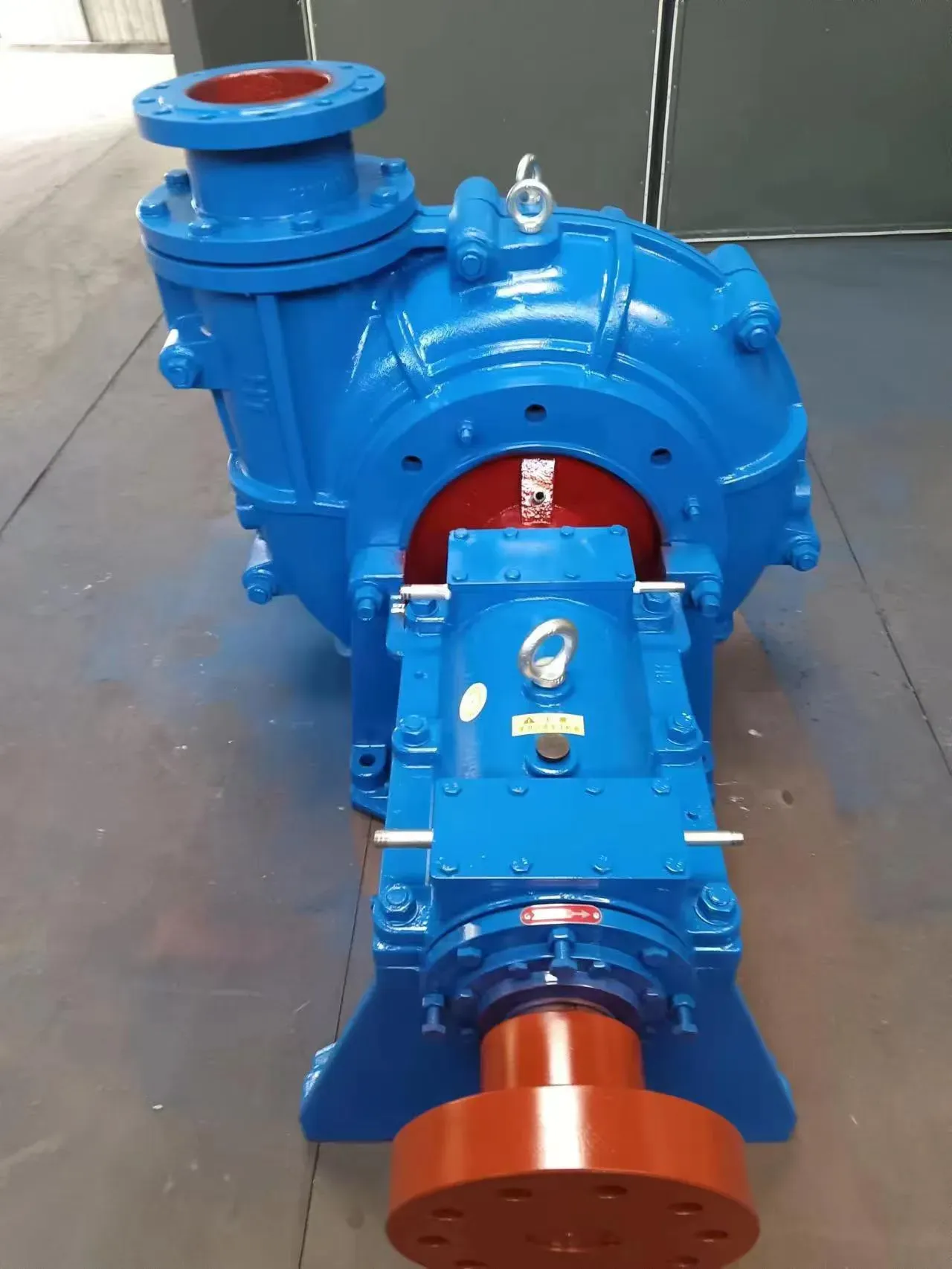English
- Afrikaans
- Albanian
- Amharic
- Arabic
- Armenian
- Azerbaijani
- Basque
- Belarusian
- Bengali
- Bosnian
- Bulgarian
- Catalan
- Cebuano
- Corsican
- Croatian
- Czech
- Danish
- Dutch
- English
- Esperanto
- Estonian
- Finnish
- French
- Frisian
- Galician
- Georgian
- German
- Greek
- Gujarati
- Haitian Creole
- hausa
- hawaiian
- Hebrew
- Hindi
- Miao
- Hungarian
- Icelandic
- igbo
- Indonesian
- irish
- Italian
- Japanese
- Javanese
- Kannada
- kazakh
- Khmer
- Rwandese
- Korean
- Kurdish
- Kyrgyz
- Lao
- Latin
- Latvian
- Lithuanian
- Luxembourgish
- Macedonian
- Malgashi
- Malay
- Malayalam
- Maltese
- Maori
- Marathi
- Mongolian
- Myanmar
- Nepali
- Norwegian
- Norwegian
- Occitan
- Pashto
- Persian
- Polish
- Portuguese
- Punjabi
- Romanian
- Russian
- Samoan
- Scottish Gaelic
- Serbian
- Sesotho
- Shona
- Sindhi
- Sinhala
- Slovak
- Slovenian
- Somali
- Spanish
- Sundanese
- Swahili
- Swedish
- Tagalog
- Tajik
- Tamil
- Tatar
- Telugu
- Thai
- Turkish
- Turkmen
- Ukrainian
- Urdu
- Uighur
- Uzbek
- Vietnamese
- Welsh
- Bantu
- Yiddish
- Yoruba
- Zulu
Telephone: +86 13120555503
Email: frank@cypump.com
Oct . 04, 2024 16:36 Back to list
small sewage pump
The Importance of Small Sewage Pumps in Wastewater Management
Small sewage pumps play a crucial role in effective wastewater management, particularly in residential and light commercial settings. These pumps are designed to handle the transportation of wastewater from basements, bathrooms, and other areas where gravity drainage is not feasible. As urban environments grow and infrastructure becomes increasingly complex, the demand for efficient sewage solutions rises, making small sewage pumps an indispensable component of modern plumbing systems.
One of the most significant advantages of small sewage pumps is their ability to manage wastewater from locations below the main sewer line. For homes situated in low-lying areas, traditional gravity drainage systems may not be viable. Small sewage pumps are designed to lift wastewater to a higher elevation, allowing it to flow into the municipal sewer system. This elevating function is particularly useful for basements, where plumbing fixtures such as sinks, toilets, and washing machines frequently collect waste.
An essential feature of small sewage pumps is their relatively compact size
. This makes them ideal for residential use, as they can be discreetly installed in tight spaces. They can fit into standard sump pits or be integrated into existing plumbing systems, ensuring that homeowners do not sacrifice valuable real estate for wastewater management solutions.small sewage pump

Moreover, small sewage pumps are equipped with powerful motors and impellers, allowing them to handle solid waste and debris effectively. Many models can manage solids up to 2 inches in diameter, ensuring that household wastewater, which often contains items like paper, hair, and food particles, can be efficiently pumped away without causing blockages. This capability is vital for preventing backups that can lead to costly repairs and health hazards.
Energy efficiency is another significant aspect of small sewage pumps. With rising energy costs and an increased focus on sustainability, many modern pumps are designed to consume less electricity while maintaining high performance. This not only reduces operational costs for homeowners but also minimizes the environmental impact associated with energy consumption.
Regular maintenance of small sewage pumps is essential to ensure their long-term functionality. Homeowners should periodically check the pump for signs of wear, including the condition of the motor and impeller. Cleaning the sump pit and removing debris can help prevent clogs and extend the life of the pump. Some models come equipped with alarms that alert homeowners to any malfunctions, providing an additional layer of security and peace of mind.
In conclusion, small sewage pumps serve a vital function in wastewater management, particularly in areas where traditional drainage is inadequate. Their compact size, ability to handle solid waste, and energy efficiency make them an attractive solution for homeowners facing plumbing challenges. As urbanization continues to rise, the importance of reliable sewage management systems will only increase, making small sewage pumps a cornerstone of modern plumbing practices. Ensuring their proper installation and maintenance can safeguard against potential issues, thus contributing to healthier, cleaner environments for communities.
-
Horizontal Split Case Pump with GPT-4 Turbo | High Efficiency
NewsAug.01,2025
-
ISG Series Pipeline Pump - Chi Yuan Pumps | High Efficiency, Durable Design
NewsAug.01,2025
-
Advanced Flue Gas Desulfurization Pump with GPT-4 Turbo | Durable & Efficient
NewsJul.31,2025
-
ISG Series Vertical Pipeline Pump - Chi Yuan Pumps | Advanced Hydraulic Design&Durable Construction
NewsJul.31,2025
-
ISG Series Vertical Pipeline Pump - Chi Yuan Pumps | Energy Efficient & Low Noise
NewsJul.31,2025
-
pipeline pump - Chi Yuan Pumps Co., LTD.|High Efficiency&Low Noise
NewsJul.31,2025










